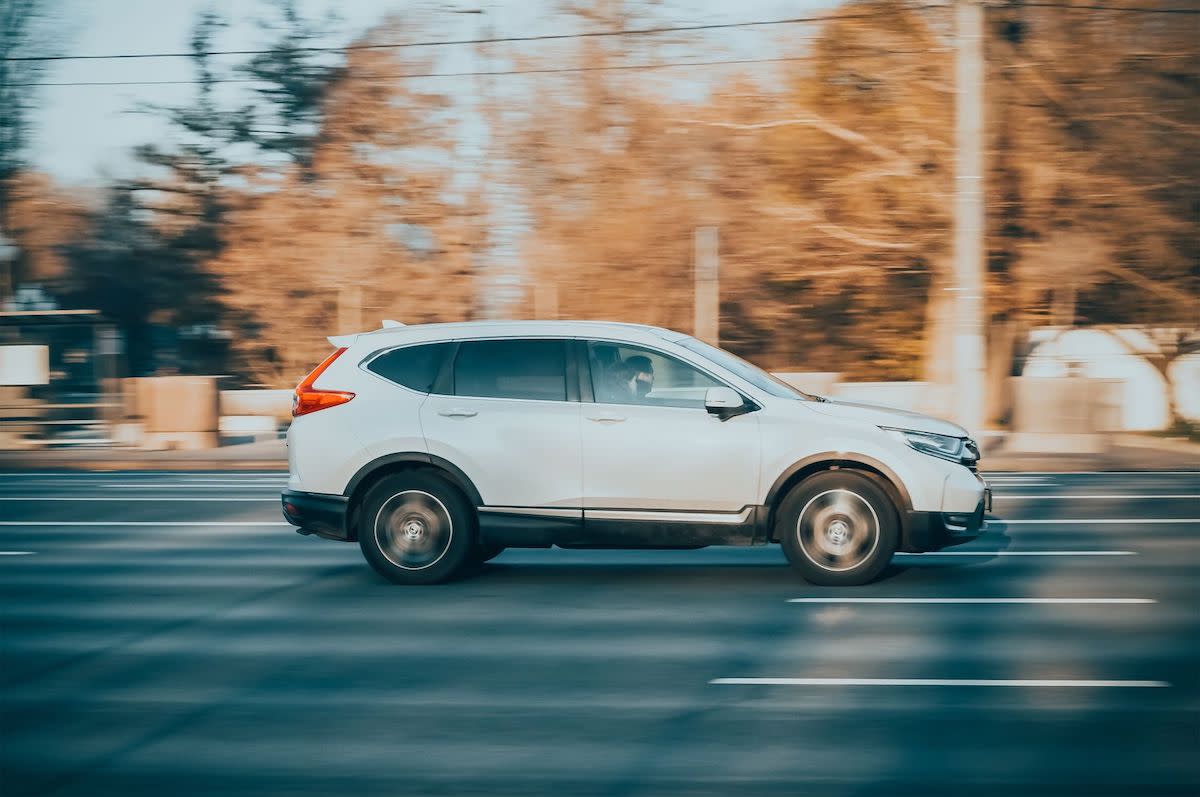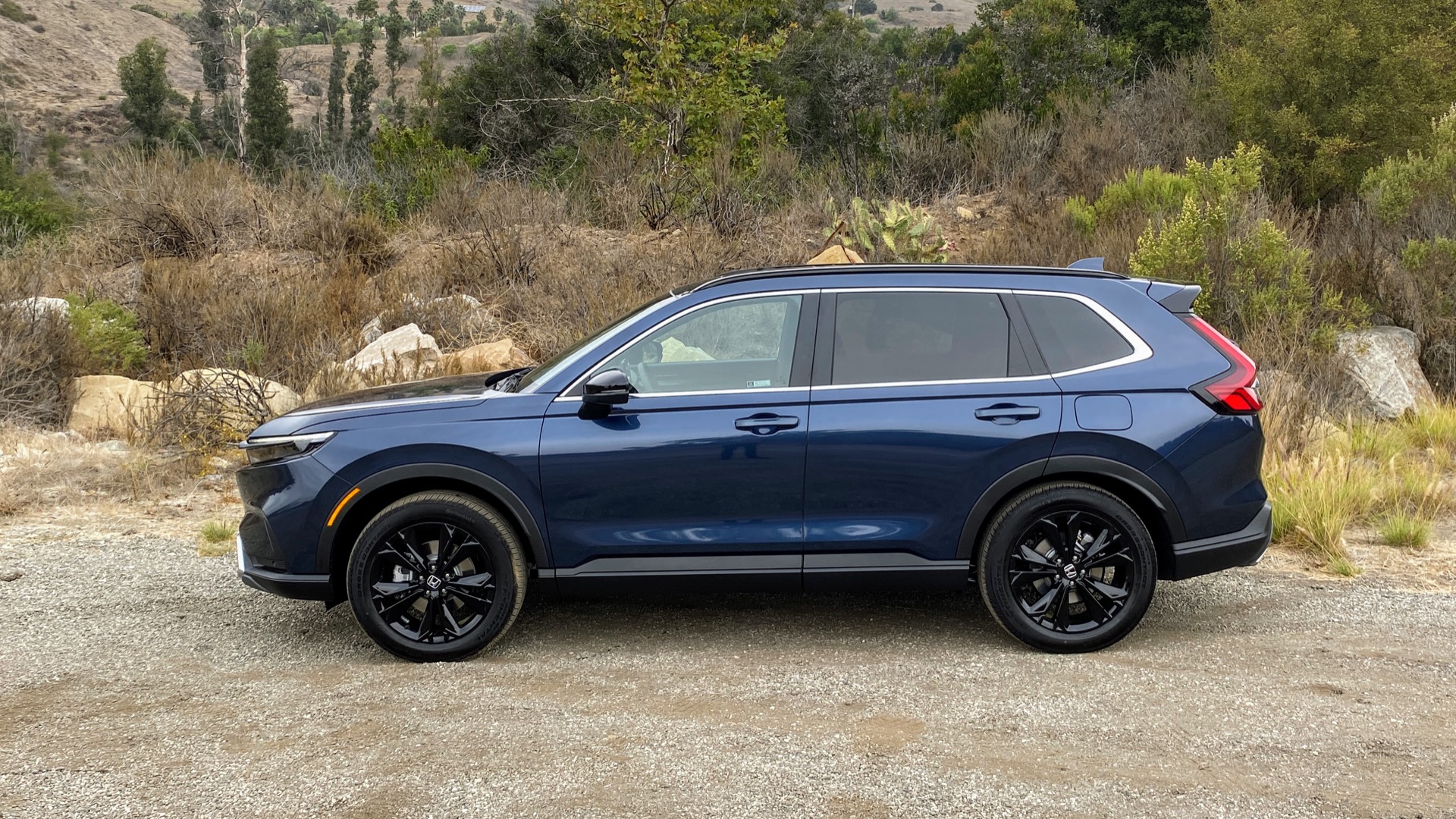html Honda CRV: Dealer Secrets & Hidden Costs Honda CRV: The SHOCKING Secret Dealers DON'T Want You To Know! The Honda CRV is a wildly popular compact SUV, and for good reason. It’s known for its reliability, fuel efficiency, and practicality. But before you rush out to buy one, there are some crucial details that dealerships often gloss over. This article dives deep into the often-hidden aspects of owning a CRV, arming you with the knowledge you need to make an informed decision and avoid potential pitfalls. We'll explore everything from common maintenance issues to negotiating tactics, ensuring you're prepared before you step foot in the showroom. The True Cost of Ownership: Beyond the Sticker Price The sticker price is just the starting point. The true cost of owning a Honda CRV extends far beyond that initial investment. Dealers sometimes focus solely on the monthly payment, obscuring the long-term financial implications. Understanding these hidden costs is crucial for budgeting and making a smart purchase. Hidden Fees and Charges Dealers often tack on extra fees that aren't immediately apparent. These can include: Documentation Fees: These are generally unavoidable, but vary widely. Shop around to see what's considered reasonable in your area. Dealer Prep Fees: This covers the cost of getting the car ready for sale. It should be minimal. "Protection Packages": These often include paint sealant, fabric protection, and other add-ons that may be overpriced and unnecessary. Learn how to say "no" without appearing rude. Advertising Fees: Some dealers try to sneak these in. Be sure to question them. Pro Tip: Always ask for an "out-the-door" price, which includes all fees and taxes. This is the most transparent way to compare offers from different dealerships. [Link to a reputable consumer website like Edmunds or Kelley Blue Book for a guide on negotiating car prices.] Maintenance and Repair Costs While the CRV is generally reliable, all cars require maintenance. Understanding potential maintenance costs is vital. Scheduled Maintenance: Honda publishes a maintenance schedule. Following this will help to keep your CRV running smoothly, but can be costly. Common Issues: While not widespread, some model years have experienced specific issues (e.g., oil dilution in certain turbo-charged models). Research the specific year you're considering. Parts and Labor: Parts for Hondas are generally affordable, but labor rates can vary significantly depending on the location and the mechanic. [Link to a website like RepairPal or CarComplaints.com to research common problems and estimated repair costs for specific CRV model years.] The Truth About Honda CRV Reliability The CRV has a strong reputation for reliability, but it's not perfect. Understanding potential vulnerabilities is key to informed ownership. Model Year Variations Not all CRV model years are created equal. Some years have experienced more problems than others. Research specific model years before buying. For example, the 2017-2019 models had some issues with oil dilution (as mentioned earlier). The 2023 and 2024 models are generally considered reliable, but it's always wise to check recent reviews and owner experiences. Case Study: A study by Consumer Reports showed a slight decline in reliability scores for the 2017-2019 CRV models compared to earlier generations, primarily due to engine and transmission issues. [Link to a Consumer Reports article on CRV reliability.] Long-Term Ownership Considerations How long do you plan to keep your CRV? Consider the long-term costs. Will you need to replace the battery, tires, or other components? These costs can add up over time. The resale value of a CRV is generally very good, but it's still essential to factor in depreciation and potential repair expenses. Negotiating Like a Pro: Saving Money at the Dealership Negotiating the price of a car can feel intimidating, but it's a skill that can save you thousands of dollars. Here's how to approach the process: Do Your Research Know the fair market value of the CRV you want. Use websites like Kelley Blue Book (KBB) or Edmunds to determine the invoice price and the average selling price in your area. This knowledge will give you a strong negotiating position. Get Pre-Approved for Financing Securing financing from your bank or credit union before visiting the dealership gives you leverage. You can then compare the dealer's financing terms with your pre-approved loan and potentially negotiate a better rate. Be Prepared to Walk Away This is the most important negotiating tactic. If the dealer isn't willing to meet your price or offer a fair deal, be prepared to walk away. There are other dealerships, and they want your business. This is a powerful tool. Focus on the "Out-the-Door" Price As mentioned earlier, always negotiate the out-the-door price. This includes all fees and taxes. This is the true cost of the vehicle. Conclusion: Making an Informed Decision About Your Honda CRV The Honda CRV is a great SUV, but understanding the hidden costs, potential pitfalls, and negotiating strategies is crucial for making a smart purchase. By doing your research, knowing your budget, and being prepared to walk away, you can ensure you get the best possible deal and enjoy years of reliable service from your CRV. Remember to prioritize the "out-the-door" price, investigate the specific model year you're considering, and don't be afraid to negotiate. With the right knowledge, you can confidently navigate the car-buying process and drive away happy. Buying a car is a big decision, so take your time and be thorough.
Honda Crv: The Shocking Secret Dealers Don'T Want You To Know!
```html Honda CRV: Dealer Secrets & Hidden Costs Honda CRV: The SHOCKING Secret Dealers DON'T Want You To Know! The Honda CRV is a wildly...




